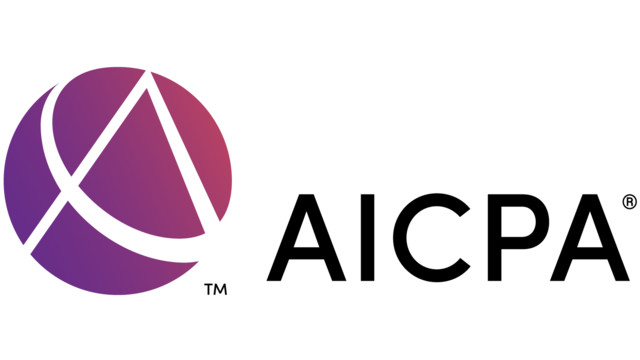In accordance with the Organization for Economic Co-operation and Development (OECD) request for recommendations, the Association of International Certified Professional Accountants (Association), the unified voice of the American Institute of CPAs and the Chartered Institute of Management Accountants, submitted comments on the public consultation document – Global Anti-Base Erosion Proposal (GloBE) – Pillar Two.
The Pillar Two proposal contains four components – an income inclusion rule, an under-taxed payments rule, a switchover rule and a subject to tax rule. However, only the income inclusion rule is discussed in-depth in the recent public consultation and specific comments or feedback about the other three components were not requested. The Association provided feedback on the income inclusion rule and has requested that the OECD issue a public consultation on the remaining three components to more fully explain those proposals and provide opportunities for submitting comments.
In its letter, the Association suggests the GloBE tax be applied only to large multinational enterprises (MNEs) to focus tax administrators’ resources on taxpayers that have the potential ability to generate material base-erosion or base avoidance transactions. This would apply the same revenue threshold as Pillar One – companies in a global group that generate at least €750 million of global revenue annually.
Commenting on the technical administrability of the proposal, the Association indicated “the GloBE minimum tax should be determined based upon the same tax base as used for regular income tax, and therefore, the ultimate parent company should adjust its global consolidated financial statement for the permanent and temporary differences that apply for regular income tax purposes. Worldwide blending should be the blending approach applied as it reduces complexity, compliance costs and controversy when compared to jurisdictional and entity blending.”
In crafting the components contained in the Pillar Two proposals, the Association believes the following guiding principles of good tax policy should be considered:
1. Equity and fairness: Similarly situated taxpayers should be taxed similarly.
2. Certainty: The tax rules should clearly specify how the amount of payment is determined, when payment of the tax should occur, and how payment is made.
3. Effective tax administration: Costs to collect a tax should be kept to a minimum for both the government and taxpayers.
4. Simplicity: Simple tax laws are necessary so that taxpayers understand the rules and can correctly comply with them.
The Association intends to continue to submit general comments on the overall approach as well as provide more specific input on policy, technical and administrability issues as OECD releases additional public consultation documents regarding modernization of the international tax rules.
Thanks for reading CPA Practice Advisor!
Subscribe Already registered? Log In
Need more information? Read the FAQs




